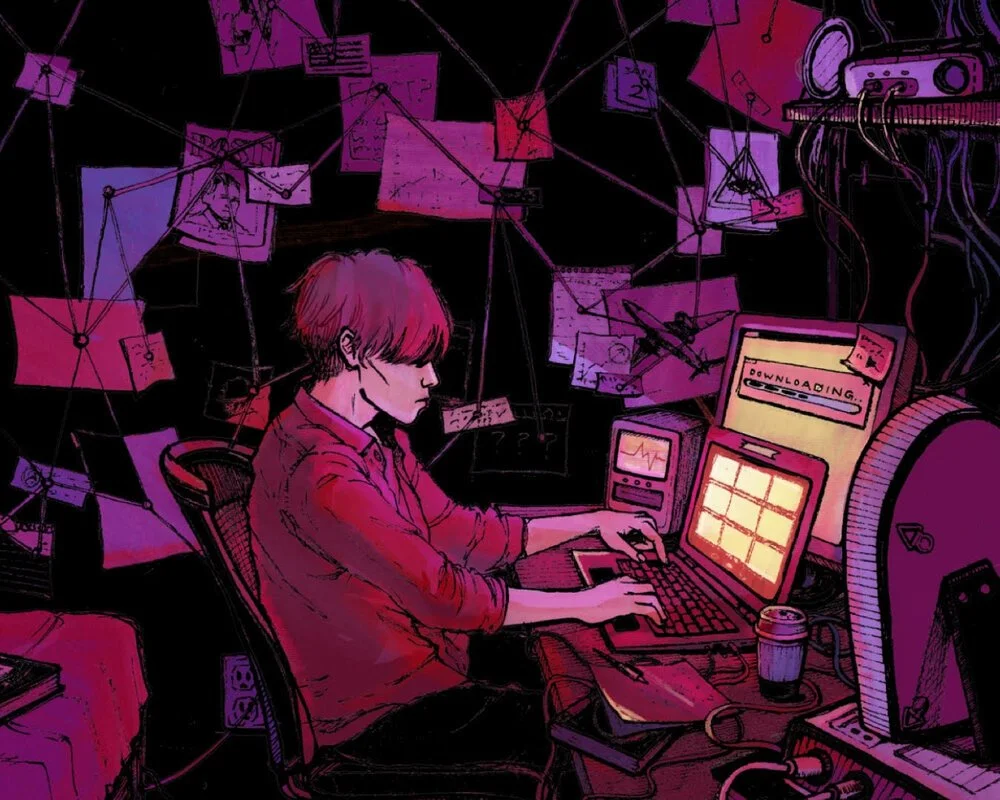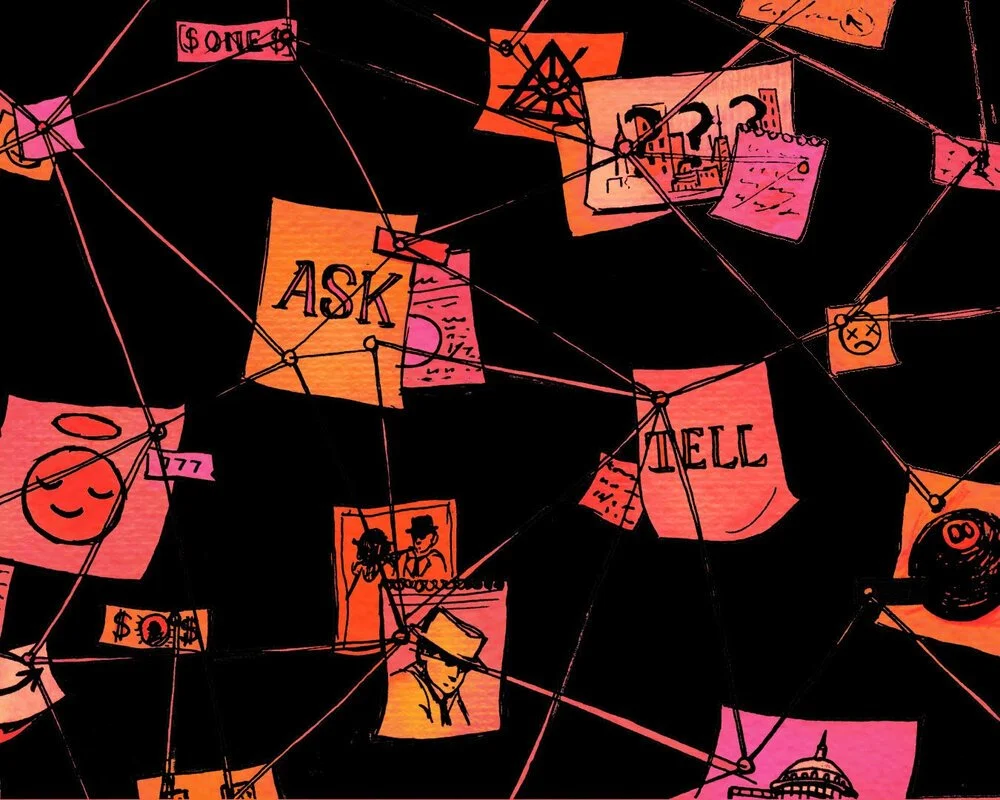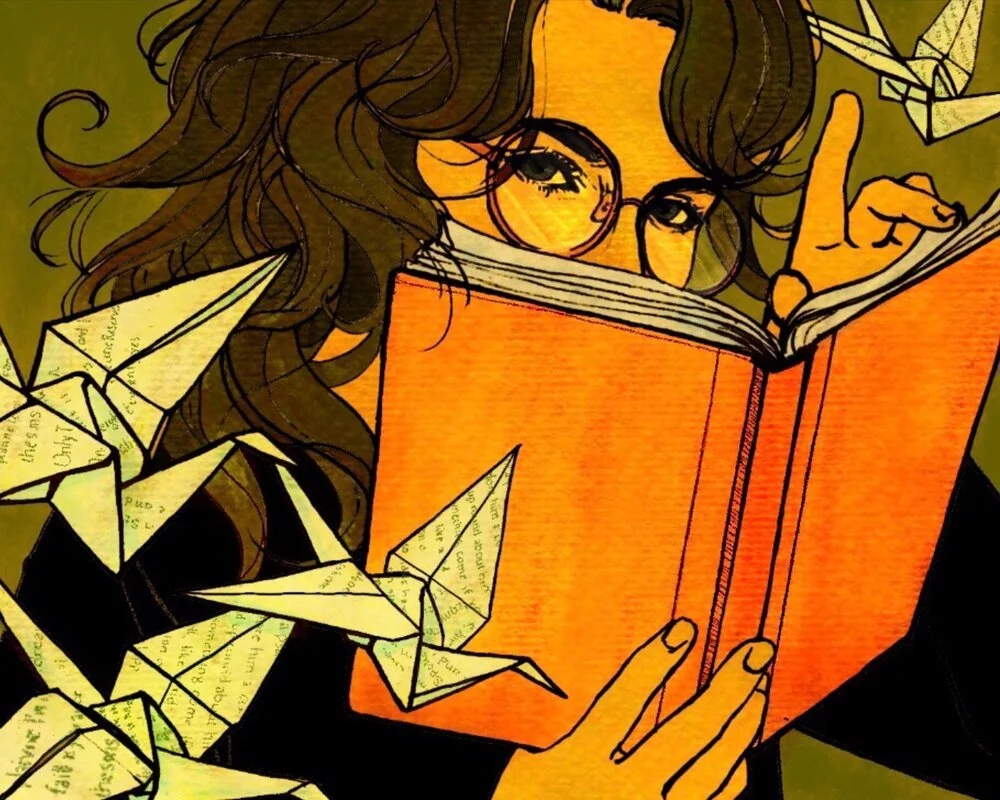New Media and Lazy Writing, Speaking with Critic Lauren Oyler about her Debut Novel
No one really believes that criticism is as worthy of being called “art” as the art in discussion. When big time art critic Jerry Saltz said as much and more on Twitter the other day, he was firmly ratioed. But criticism, at its best, can do a lot. It can elegantly inform, deeply analyse, put words to a formless suspicion you had while watching/reading/listening. Critic Lauren Oyler has brought some spice to the culture criticism world over the last few years by writing plainly about over-hyped or popular work. It’s proved to be an attention-grabbing approach: I am yet to meet a creative person who doesn’t enjoy morbidly deconstructing or griping and moaning about work that made someone rich, work that disappointed or missed a trick.
Lauren grew up in West Virginia and lives in Ithaca, New York. After studying English at Yale, she worked at VICE’s now-defunct women’s site Broadly. The thirty-year-old is best known for her aforementioned criticism of books and culture (sometimes acidic, always…acerbic) in the London Review of Books, The New Yorker and The Baffler, particularly one viral negative assessment of Jia Tolentino’s beloved essay collection Trick Mirror. Her much-anticipated debut novel Fake Accounts is an experimental work about a new media employee in New York who discovers her boyfriend Felix is an anonymous online conspiracy theorist.
Whether you delight in her persona or find yourself scared of it, her writing has the weight to prompt those responses from people, particularly (unsurprisingly) other writers. I spoke to her over Skype about Fake Accounts, lazy millennial writing, the meaning of new media and, obviously, I asked for some book recommendations.
___STEADY_PAYWALL___
Your narrator directly addresses the reader, adopts different astrological signs to analyse characters she comes across and her ex-boyfriends provide a Greek chorus. Did you conceive the plot before the novel’s many literary devices?
I know I came up with the plot first because I Gchatted it to my friend and was like, ‘is this a funny idea for a novel?’ I said ‘what if this girl breaks up with her boyfriend and then he dies but actually he’s faked his own death’ and he was like ‘...good luck!’. It really helped to write it that way because I had these plot benchmarks to meet and so I thought if I write from the opening to his death that’s 80 pages or something – a good chunk – and then write from there to ‘she finds out’ and then there’s some sort of conclusion. I wrote more or less straight through. I started writing it right after the inauguration and the women’s march so about February 2017 and I finished it in the summer of 2018. [When] I came up in the voice it was much easier, because it has this propulsive, seductive quality that’s very fun to write.
The devices came while I was doing it – I’m not a planner. I don’t plan my articles, which you can probably tell, but in the novel it works because the stuff feels surprising. I was thinking a lot about the way particularly pundits and the media class are in the business of anticipating. I was interested in subverting the attempt to anticipate things.
You set up a plot-driven novel with the intriguing premise of a lying boyfriend, which is quickly set aside for the novel to become a lengthy piece of criticism about culture and millennials. Do you think that’s a fair assessment?
Yes – historically novels have tons of cultural criticism in them. The novel is a very exciting form to me because you can throw anything in there and it basically works because you have this big frame. I also try to demonstrate how things end up in novels, which is somewhat randomly.
Like when your narrator temporarily adopts a fragmented style to parody it only because she’s listening to a podcast where a female author talks about her use of it. Do you feel that novels in this style are frequently or increasingly lazy?
I think – and I learned this while writing it – that it’s really easy to write. You have a little scene, you toss it in, you have a little aphorism, you toss it in. The reader is left to do the linking and transition work themselves and it sort of flatters the reader more than I want to do. As a reader I don’t want to be flattered, I want to be impressed. As I say in the book, I don’t know why I’d want to make my novel like Twitter – I can just keep tweeting.
You have an eviscerating and accurate depiction of the constantly changing new media landscape (we have both worked at VICE). What about your background there prepared you for novel writing?
It’s important to be a little bit precious when you’re writing a book, much more than when you’re writing a blog but [blogging] does give you a ‘finish it’ attitude, which if you’re not used to writing to a deadline and for the internet you don’t necessarily have. I also think that I’m very interested in mixing the high-low, mixing internet language or casual bloggy style and incorporating that into a more literary novel. I think there’s this freewheeling ‘I’m talking to you directly, I’m telling you my real feelings’ tone and approach [in new media] that’s quite useful [for] this book where you have a strange relationship to this narrator who is unreliable. She feels vulnerable but you also have no reason to trust her, which is how I feel about a lot of bloggers as well.
Do you think about the future of new media? Your novel suggests that you might.
I don’t think so much about it because I don’t know what I think the value of it is (or not). I don’t want to seem like a curmudgeon or old fashioned but increasingly I don’t know what the websites are offering that the traditional media isn’t. There’s the resource suck and talent suck of new media and you get these really talented young journalists who could really use several years of apprenticeship in a more traditional environment and then they don’t get it. I also think it’s a hardening, deadening environment and there’s not a lot of support and I don’t see that the companies will ever shape up and be good places to work just because they don’t have to. The turnover is so rapid that you can just get new 24-year-olds who just really want to be writers... so in terms of the future I don’t really know. When I was working at VICE it was the big ‘pivot to video’ thing. Basically any business model that has social media as so essential to it is probably doomed.
I wonder what the average snobby person thinks about ‘us’ now, basically. Not that either of us is a blogger but we have this internet aura about us that people use to take us less seriously, I think.
Almost everyone on Twitter comes off as catty, boastful, too online, or like a corporate brand, talking about social issues or the news cycle for clout. Is there a way to be on Twitter and not be inherently unlikable – if there is, I haven’t worked it out.
I think the key is to never – this is basically a quote of Felix from my novel – make statements about yourself or your personality and only to comment on external objects and ideally not to comment on other civilians but famous people. And never being mean-spirited. The cynical key is always to have some sort of political valence to your criticism so it can always be seen as part of the public sphere rather than this weird gossipy pathetic high school thing. But I think almost always when someone says something about themselves it seems like they’re bragging and what’s depressing about it is that it really works. I’m affected by people constructing their personas as well, even though I know that that’s what they’re doing.
I also stopped subtweeting unless it could apply to three or more figures. Now I think I’m more of a background gossiper.
What, in your opinion, makes a great debut novel? Something worth bragging about.
When I’m reviewing stuff I just think about who my peers are. I think there are a lot of older people – the book reviewing realm is generally a bit older than the regular media – and there’s this sort of patronising idea of ‘oh, they’re so young’. I’m 30 years old, you know. We’re not that young. We also are extremely well educated and don’t have any excuses. They think that until you’re 37, 38 it doesn’t really matter, you’re just trying it out. No – you’re trying it out and if it doesn’t work, you’re throwing it away and doing a new one. A debut novel is not a personal growth experience, it’s a thing that you share with other people and you want your readers to get something out of it. I know this is a capitalistic framework but I don’t want to waste somebody’s time. A book is a lot of time.
I also don’t think that books all have to be entertaining but I think a lot of people hide behind a literary seriousness to camouflage the fact that they don’t have a lot of ideas. I hope that the book seems considered even if it’s surprising and there are weird elements.
You said in a recent interview that you are “made crazy by the distorted nature of the publishing industry” with regards to issues like nepotistic or undue hype. Was there a moment the veil dropped?
I’m constantly realising it anew. The first time was when I wrote a review of [Roxane Gay’s] Bad Feminist and was like ‘this is something that everyone’s talking about?’ It’s patronising because there are a lot of people who work in publishing and the media who don’t actually believe what they’re saying. There’s this backdoor ‘oh that book sucks’ then you see the same people tweeting about how good it is, and it creates this insider-outsider group. If you know that everybody actually thinks this book is bad then you’re part of the real inside the scene and if you’re one of the idiotic masses who is buying this crap for $25 in hardcover you’re on the outside. There’s an element of that idea that I bring to my criticism because again, don’t waste your time. Unfortunately people want to participate in the things everybody is participating in.
What’s the last really great book you read?
A couple of months ago I read The Princess of 72nd Street, a short novel about a woman in the 70s who grows up on the upper west side and is going through manic episodes. The way that it’s represented in the book is incredible. I just read Long Live the Post Horn! by Vigdis Hjorth, which I got for Christmas and read in a day.
What book would you give to someone who has fallen out of love with reading?
The book that I recommend to everyone, even if they’re not that interested in literature, is The Last Samurai by Helen DeWitt. I’m quite good at giving men who don’t read books by women really good books to read. One that I’ve had good success with is The Millstone by Margaret Drabble.
Words: Hannah Ewens | Illustrations: Kate McHugh
This interview is edited for length and clarity.



